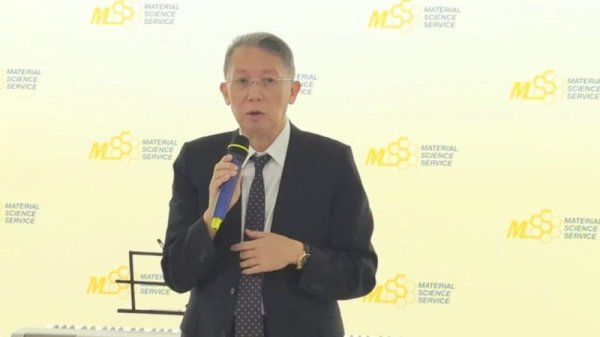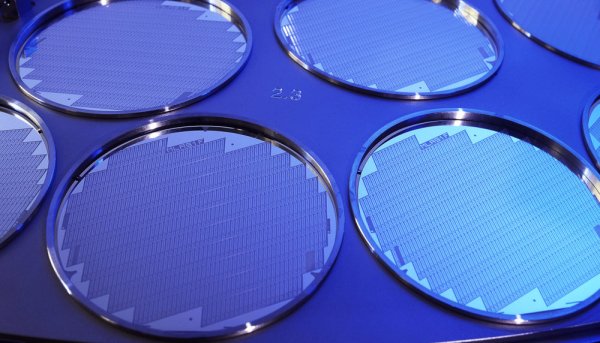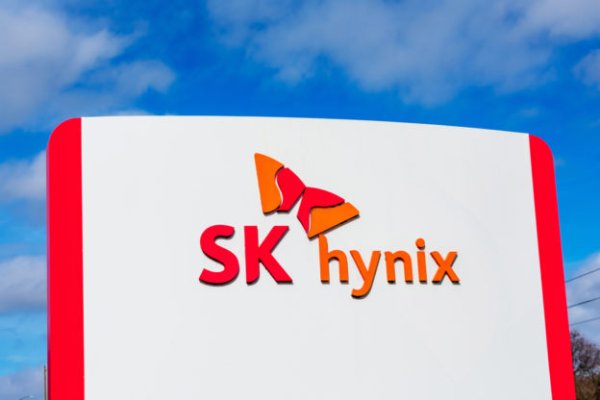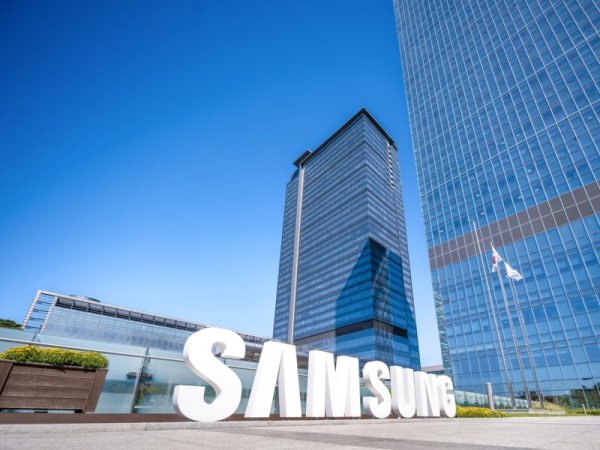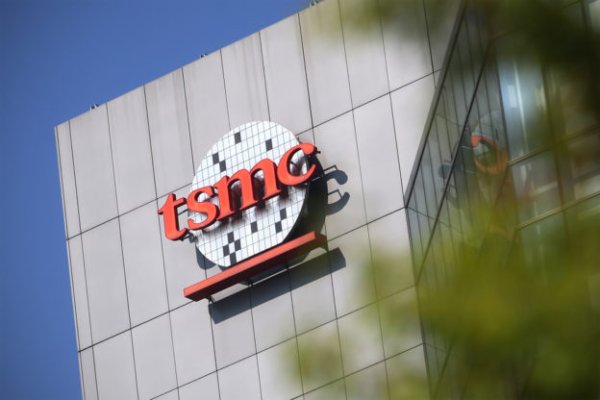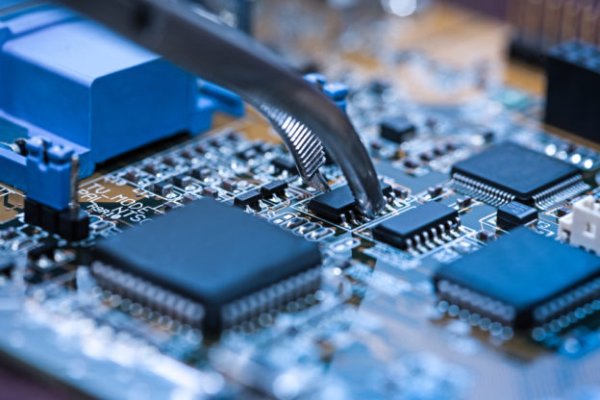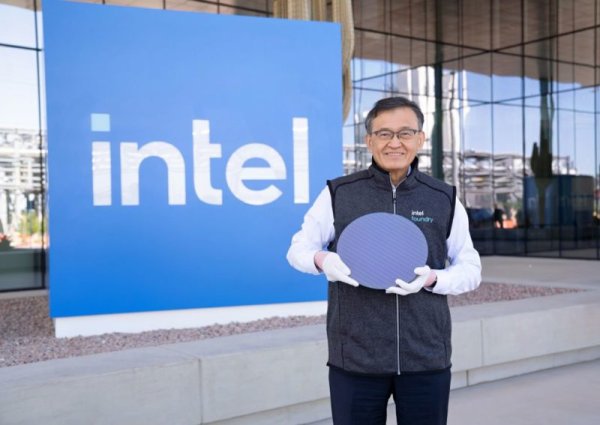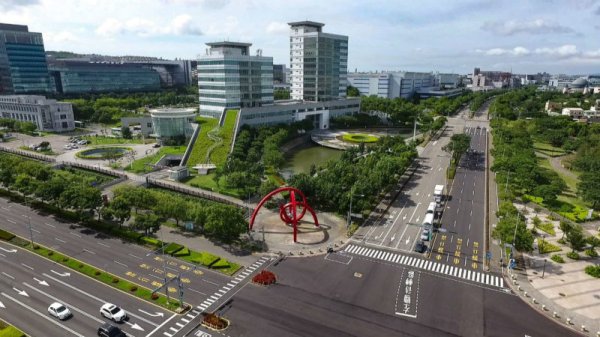50% in chip manufacturing, experts: Silicon Shield definition is transformed into Taiwan and the United States commonality
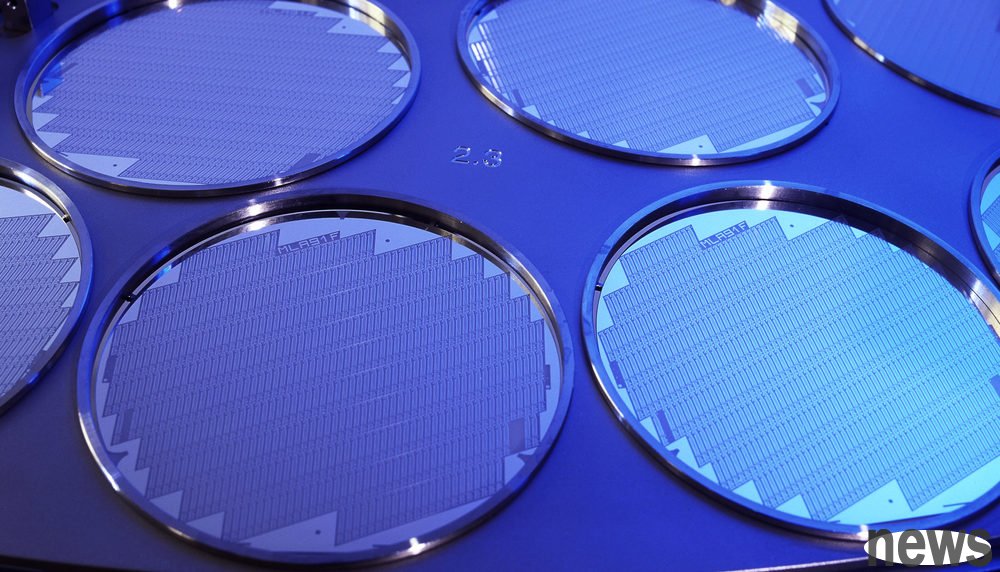
US Minister of Commerce Lutnik proposed the "55-5" concept of chip manufacturing in Taiwan and the United States. Semiconductor experts analyzed on the 29th that this means that the United States has transformed the "silicon shield" from Taiwan to the common nature of the United States and Taiwan. This concept may force Taiwan's electricity to accelerate its expansion in the United States, and other supply chains also need to bear pressure. How to ensure the leading position and resource allocation in Taiwan will be the biggest challenge.
US Minister of Commerce Howard Lutnick was interviewed by US media on the 28th and revealed that the "50%" concept of Taiwan allowing the United States to produce half of chips and half of Taiwan to produce half of its chips, so that the United States can achieve 50% self-made. He believes that only enough domestic chips in the United States can protect Taiwan, and the United States will reach a trade agreement with Taiwan.
Liu Peizhen, president of the Taiwan Institute of Industry Database, was interviewed by reporters on the afternoon of the 29th. From the perspective of national security, Taiwan has long mastered more than 90% of the world's advanced process chip production capacity and is regarded as protecting its own "silicon shield". However, the US believes that only sufficient domestic chips in the United States can protect Taiwan, reflecting that the United States actually defines the silicon shield, which has transformed from Taiwan to the common nature of the United States and Taiwan.
Liu Peizhen pointed out that the US believes that if Taiwan's chip production can be interrupted due to a conflict, the US will not be able to obtain all the resources needed to protect Taiwan (including military and economically transferred chips). Therefore, the US takes this as a basis and believes that it must achieve a certain degree of self-sufficiency in chips, or at least a "50-50" joint commitment, so that it can take responsibility for protection without any concern.
From the perspective of industry competition, Liu Peizhen said that "550 points in chip manufacturing" will accelerate the return of US manufacturing industry, especially because the US may force Taiwan Power to accelerate its construction of factories in the United States in the next few years, and even further expand its investment amount. Other suppliers will also bear pressure simultaneously.
Liu Peizhen analyzed that manufacturing in the United States is far higher than that in Taiwan, whether it is manpower, construction costs, or supervision complexity. In addition, the recent increase in the cost of work permit in the United States has greatly increased, so it is highly challenging to achieve "50% to 50% of chip manufacturing" in terms of cost, efficiency and work culture differences.
For Taiwan, Liu Peizhen pointed out that how to ensure that the leading position of semiconductor technology in the new agreement is not weakened, and at the same time, maintaining core intellectual property rights and operation control rights in the newly established overseas factories will be the biggest challenge; how to ensure that the leading position of domestic research and development and more advanced processes will not be affected, and at the same time meet the demand of overseas factories for high-level talents, it is also a resource allocation problem that the industry must face.
US President Trump actively promotes semiconductor chip manufacturing to return to the United States. Foreign media previously reported that the Trump administration is considering the regulation that semiconductors should be manufactured and imported within the United States, with a ratio of 1 to 1. Companies that do not meet "domestic production: overseas imports" will be taxed, thereby reducing the dependence on foreign semiconductor manufacturing. People familiar with the matter revealed that Lutnik has discussed this idea with a high-level semiconductor industry.
Extended reading: The U.S. Minister of Commerce does not agree with Taiwan's Silicon Shield's view and directly calls Taiwan and the U.S. semiconductor industry can score 550 points



